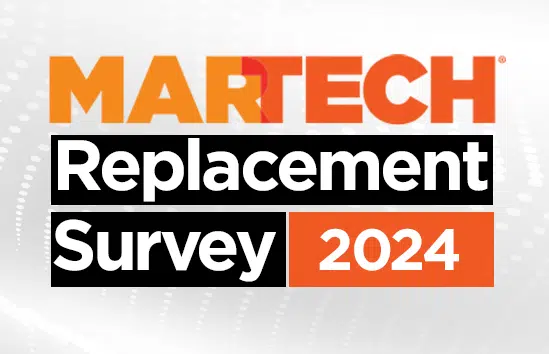In 2023, 57% of B2C martech leaders mentioned they deliberate to deploy generative AI inside 24 months. Seventeen % mentioned they already had. Quite a lot of executives are very enthusiastic about it. However what if customers hate it? That, in essence, is the query Kate Muhl, VP, analyst at Gartner and a client Insights skilled, raised in her presentation to the Gartner Symposium.
It’s essential, she mentioned, that manufacturers perceive client attitudes to AI, anticipate any pushback dangers and take client attitudes under consideration when planning genAI deployment.
Customers should not monoliths
The complicating issue right here is that, in fact, completely different client teams have completely different attitudes to AI. Muhl breaks the classes down as follows:
- Fans. These skew youthful, male, educated, prosperous and idealistic.
- Pragmatists. Those that imagine AI is inevitable and can use it if they should. Youthful, gender-balances, tech skeptics.
- Passives. It doesn’t have an effect on me: older, feminine, much less educated.
- Rejectors. Older male, much less educated, anti-technology on the whole.
Rejectors type the smallest class (13% of U.S. customers, 15+, in line with Gartner analysis). The opposite classes are pretty evenly divided, pragmatists main (37%), lovers and passives lagging barely (29% and 21%).
Every model will make a unique danger evaluation with respect to genAI, relying on who they perceive their predominant goal customers to be. There may be decrease danger in B2B, in line with Gartner analysis. B2C and D2C are extra uncovered. Healthcare, monetary providers and insurance coverage are extremely delicate. The message: Anticipate pushback from a few of your customers; ideally not out of your core viewers.
Can we assume that customers “get” generative AI?
One query Muhl’s analysis provokes is whether or not these lovers and rejectors, these passives and pragmatics, have a transparent understanding of the expertise they’re expressing sentiments about. There may be analysis that implies, on the one hand, that customers lack enthusiasm for genAI, however that those self same customers are glad to make use of chatbots and to make use of genAI to analysis merchandise. Are they considering straight?
It’s an affordable wager that many should not. However does that matter? We put these inquiries to her.
Dig deeper: Synthetic Intelligence: A newbie’s information
“I do agree very strongly that in a way it doesn’t matter. The low data voter remains to be a voter,” she mentioned. The purpose of promoting and model is that it speaks to our feelings. The objective is to get an emotional connection of some variety, so you might be working in a world the place the details, to some extent, don’t matter.”
Muhl concurs that almost all customers don’t perceive the expertise. “I don’t assume, scorching take, entrepreneurs perceive the expertise.” It is smart that persons are most snug with generative AI in areas they’re acquainted with. “Individuals know what chatbots can and may’t do. Persons are seeing [Google AI Overviews] whether or not they need to or not.”
There’s additionally a way on the market that these applied sciences should not being utilized in B2C simply because they’re “cool.” “They’re doing it as a result of they need to discover a higher method, arguably, to separate you out of your {dollars}. So there’s a way it’s good to be on high of your recreation and shield your self from refined digital methods which are designed to get extra out of you as a buyer, not essentially to learn you. That’s a consider all the above.”


